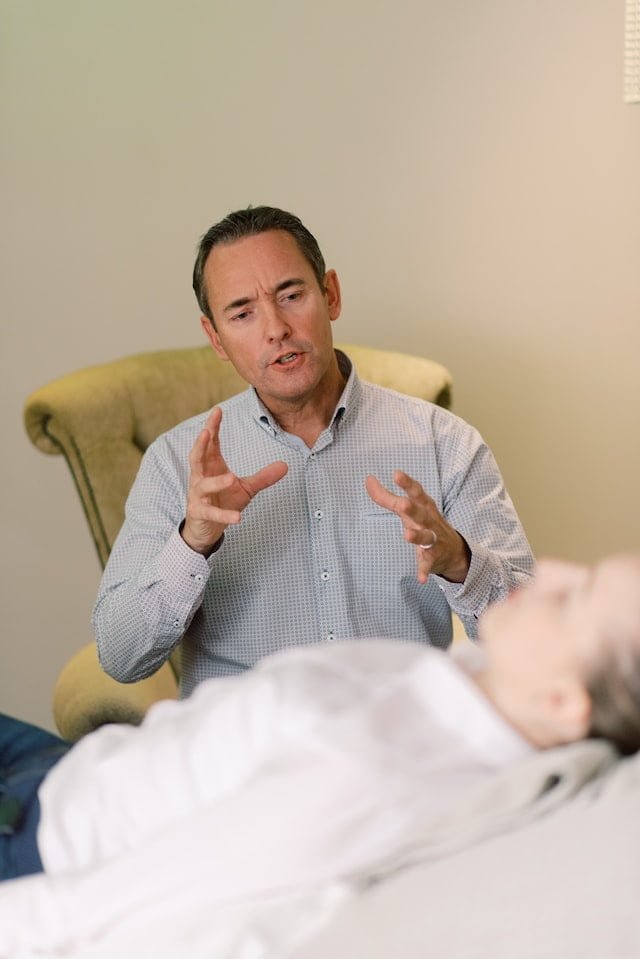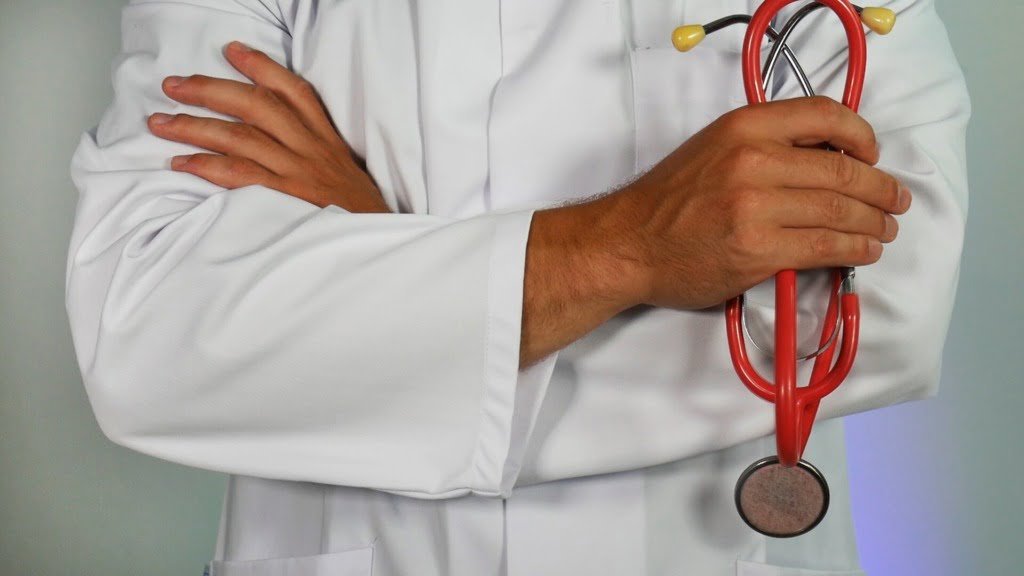Drug Addiction Treatment Through The NHS

According to UK regulations, if you are struggling with substance abuse, you are entitled to drug addiction treatment through the NHS in the same manner as anyone who has a health problem.
Once you have found the right medical care and support network, you will have a better chance of getting free, and staying free of drugs. However, for that chance to manifest, you will have to make a commitment to yourself, and under the guidance of competent NHS health specialists and counselors, you will have to put in the psychological and emotional work yourself.
To find drug addiction treatment through the NHS, your GP is often the best point of entry into the healthcare system. They can either offer you suitable addiction treatment directly at their practice, if they specialize in substance abuse, or they may refer you to your local drug and addiction services.
Should you not feel comfortable talking to your GP about your addiction issues, you can also approach your local addiction treatment services yourself.
If the lists provided in the hyperlink seem too many to choose from, or too overwhelming, you can also call the “Frank” drugs helpline on 0300 123 6600, and a member of their staff will talk you through your options in getting drug addiction treatment through the NHS.
You should know that, outside the NHS, there are also charity organizations, as well as private ones, which can help you in your battle to beat drug addiction.
A website that specializes in providing support for the families of active addicts that includes many invaluable UK-based organizations, contacts, and resources is Adfam.
Although private drug and alcohol treatment clinics are not within everyone’s financial reach, some do work with the NHS, where they accept referrals from the patient’s local NHS services. Since this option is always case-specific, you would do well to ask if your particular situation qualifies.
Typically, drug addiction treatment through the NHS starts with an initial appointment, during which staff will ask you about your drug use. While the temptation for many addicts may be to underplay their addiction or lie about the amounts used, the best and only option for successful treatment is full disclosure. Remember, these trained medical professionals are not there to judge you. If you withhold important information about the duration of your addiction, the types of drugs you use, or the amounts, you could be setting yourself up for a treatment and recovery system that does not work for you.
Aside from your addiction details and history, they may also inquire about your professional situation, family, and housing arrangements. Again, it is in your best interests to fully cooperate with them and be honest to get the help you most need.
During the initial admission and interview process for drug addiction treatment through the NHS, it is common to be asked to provide either urine or saliva samples to confirm which drugs are in fact present in your system.
After all your information is collected and reviewed, the members of NHS staff will inform you of available treatment options given your situation and will agree on a treatment plan with you.
Depending on where you live, they can give you valuable information about local support for you, your family, or carers. Commonly, you will be assigned a keyworker, who will oversee you and your treatment throughout its duration.
While the different types, methods and strategies of drug addiction treatment will vary as widely as your personal circumstances and what you are addicted to, we have outlined a few of the most common ones below to give you a better idea of what to expect. Note that this is not something you must be fully knowledgeable about, as your keyworker will work with you throughout and adapt any treatment plan to suit your needs at the moment, should this change.
In the school of psychological thought called Cognitive Behavioural Psychology, your therapist will assist you in identifying which situations, people, thoughts, and risk factors trigger your impulse to abuse drugs. You will learn how your thought patterns affect your emotions and stress levels, and you will also learn how to change these thought patterns when they occur, which will, over time, give you a renewed sense of control over your life.

If the particular substance you are addicted to is either heroin, fentanyl, or another short-acting opioid, your healthcare provider may start you on what is called opioid substitution therapy.
The main objective of this type of treatment is to get an addict off the streets, off the rituals of buying and using, and off the crippling worry and reality of withdrawal symptoms.
This is done by a daily, regulated dose of either methadone or buprenorphine. Treatment with buprenorphine has a few advantages over treatment with methadone, in the sense that buprenorphine will block the receptors in the brain from being stimulated by, say heroin, if consumed while buprenorphine is actively in one’s system, therefore eliminating cravings for illegal drug use. Furthermore, buprenorphine has what is called a ceiling effect, which makes it harder to abuse for the high: once the drug dosage reaches a plateau, even if you were to take more, you would not get high on it.
It should be noted that opioid substitution therapy does not yet mean you are free of opioids, as if you stop either methadone or buprenorphine, you will go into withdrawal. Many people call either of these substances “liquid handcuffs,” since the withdrawal of buprenorphine will last several weeks to a month, as it is a long-acting opioid. However, it does have the merit of allowing you to reorganize your life and quit destructive using patterns, also allowing you to disassociate from your former drug companions and dealers.
This type of drug addiction treatment through the NHS is more indicated for those who wish to completely stop taking opioids altogether and are prepared to embark on a fully sober and abstinent recovery. The detox period will occur in a medical facility so that eventual health complications that come because of strong withdrawals can be dealt with.
This drug addiction treatment plan makes use of legitimate support groups such as Narcotics Anonymous and Alcoholics Anonymous. In such meetings, people are encouraged to share both the victories and struggles in their recovery journey in a safe, non-judgemental environment.
The benefit of this is that you will be able to make new friends in a sober environment who also share your new interest in sober living.
It could be that you are not yet ready to quit drugs and try your hand at sober living, and this is sometimes the case, especially among those who, due to life’s difficult circumstances, find themselves being homeless, with no social or family support system to help them.
In such cases, your local addiction services will have programs to help reduce the health risks that go hand in hand with hard, intravenous drug use. For example, you could be offered testing and treatment for diseases such as Hepatitis or HIV.
Whether your drug addiction treatment occurs as an outpatient or inpatient (where you stay in an NHS facility for a period), will depend on the severity of your addiction, your living arrangements and eventual social or family support network.
As an outpatient, you will have scheduled appointments with your keyworker, and with a certified psychologist and a psychiatrist.
If either your drug-related issues or living conditions are particularly challenging, your keyworker may refer you to a residential rehabilitation service or a clinical rehab facility.
Whichever option you and your keyworker choose in the end, do congratulate yourself for having come as far as gathering information about your options, and remember that, although the road to recovery may sometimes seem rocky and full of setbacks, and the occasional relapse, they are just that: a setback, and never a failure. If at first you do not succeed, do not give up on your quest for a drug-free life.
